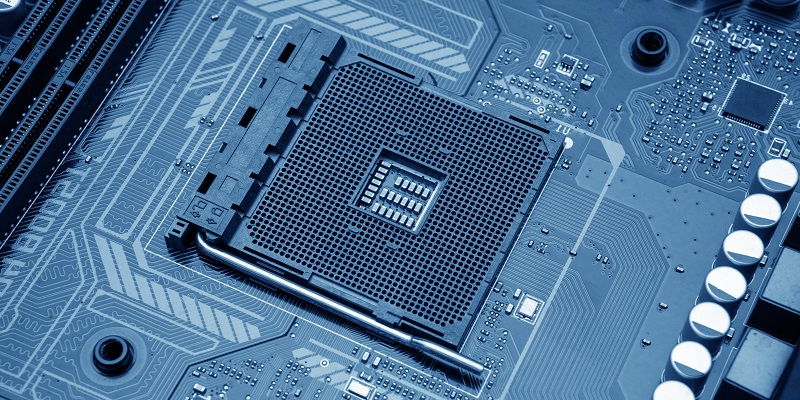Building a new PC can be challenging if you’re on a budget. With so many options available, it can be overwhelming to choose the right components that strike a balance between performance and affordability. One crucial decision is selecting the right processor, which serves as the brain of the computer. In this article, we will compare two Intel processors, the Core i5-10600K and the Core i7-10700K, to help you make an informed decision for your next build.
Building a PC on a budget can be challenging, but finding the right balance between performance and cost is crucial. The processor is a key component that influences your system’s overall performance, and choosing the right one is essential for a smooth computing experience.
Comparison of Intel Core i5-14600K and Intel Core i7-13700K
The Intel Core i5-14600K is designed with the everyday consumer in mind. With its wallet-friendly price tag and respectable hardware, it is an ideal choice for web browsing, video streaming, and casual gaming. It boasts a 14-core (20 threads) build, providing sufficient power for most everyday tasks.
On the other hand, the Intel Core i7-13700K is aimed at hardcore gamers and individuals who engage in high-intensity tasks such as 3D modeling, video rendering, and high-end gaming. This processor offers more computing power and is equipped to handle demanding applications efficiently.
Testing and analysis of 14600K vs 13700K
To provide you with accurate information, we have conducted extensive testing to compare and contrast the performance of these two Intel processors. Our tests encompassed various benchmarks and real-world scenarios, enabling us to understand their capabilities in different usage scenarios.
We found that the i5-14600K performs admirably in everyday tasks. It delivers smooth performance during web browsing, multitasking, and media consumption. Gaming performance is also respectable, offering a reliable experience for casual gamers who don’t require top-tier graphics and processing power.
The i7-13700K, with its added overhead, excels in high-intensity tasks and demanding games. It provides significant performance enhancements for tasks such as 3D rendering and video editing, making it an excellent choice for professionals or enthusiasts seeking top-tier performance.
Price comparison between the two processors
With budget considerations in mind, the price difference between the i5-14600K and i7-13700K becomes a vital factor in the decision-making process. The i5-14600K carries a manufacturer’s suggested retail price (MSRP) of $319 / £242 / AU$463, remaining unchanged from its predecessor, the i5-13600K. This continuity allows users to upgrade or build a new system without incurring substantial additional costs.
Meanwhile, the i7-13700K commands a higher overall price, with an MSRP of $419 / £318 / AU$608. This represents a difference of $100 / £76 / AU$145, indicating a 31% increase compared to the i5-14600K. The higher price reflects the enhanced performance and capabilities offered by the i7-13700K.
Consideration of overall value for money
When deciding between the i5-14600K and i7-13700K, the key factor to consider is overall value for money. While the i7-13700K is undoubtedly a more powerful processor, it comes at a significantly higher cost. Depending on your specific needs and budget, the i5-14600K may provide the best overall value, offering excellent performance for everyday tasks and casual gaming.
In conclusion, the Intel Core i5-14600K is a solid choice for budget-conscious consumers looking for a capable processor. With its wallet-friendly price tag and respectable performance, it offers excellent value for money. Its 14-core (20 threads) build ensures smooth everyday usage, making it ideal for web browsing, video streaming, and casual gaming.
While the i7-13700K delivers added power and overhead, it comes with a higher price tag. This processor is better suited for hardcore gamers and individuals needing substantial processing power for high-intensity tasks. Ultimately, the choice between the i5-14600K and i7-13700K depends on your specific requirements and budget, so carefully consider your needs before making a decision.

